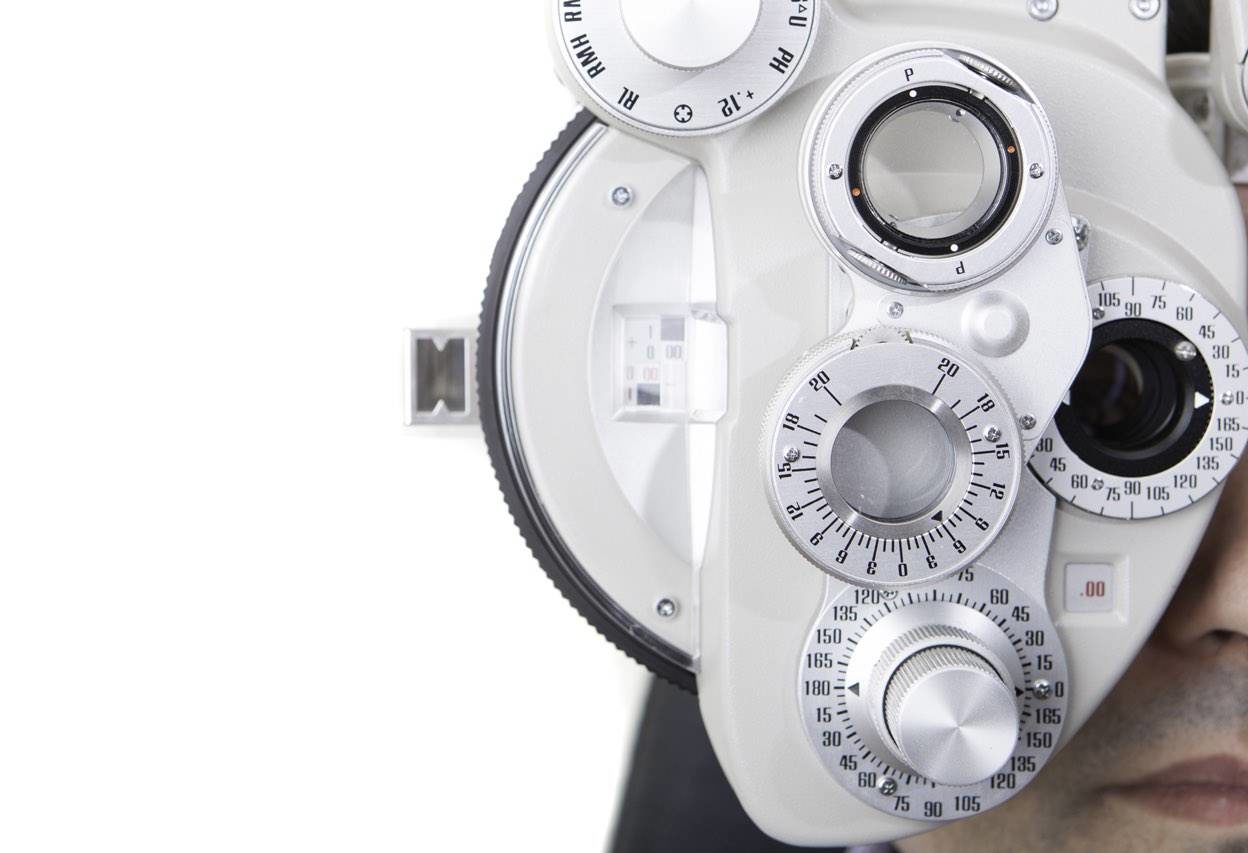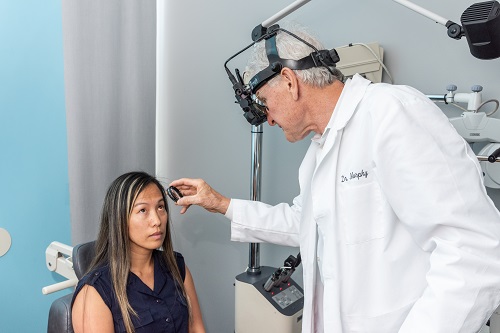Comprehensive Eye Exams
Our comprehensive eye exams go beyond just checking your vision. We assess the overall health of your eyes to detect early signs of eye disease, find an accurate prescription, evaluate how coordinated your eyes are, and screen your eyes for symptoms of physical conditions such as high blood pressure or diabetes.
Our family-focused approach means that every member of yours is welcome to any of our practices.



Contact Lens Eye Exam
If you're considering contact lenses as a vision correction option, a contact lens eye exam at Eye Designs Optometry is an essential step.
While a regular eye exam evaluates your overall eye health and measures your vision, a contact lens eye exam focuses specifically on fitting and assessing your eyes for contact lens use.
One of our eye doctors will carefully take measurements of the curvature of your cornea, tear film quality, and other factors to determine the most suitable type and size of contact lenses for your eyes. They’ll also teach you how to insert, remove and store your contact lenses in a way that minimizes the risk of eye irritation or infection.

